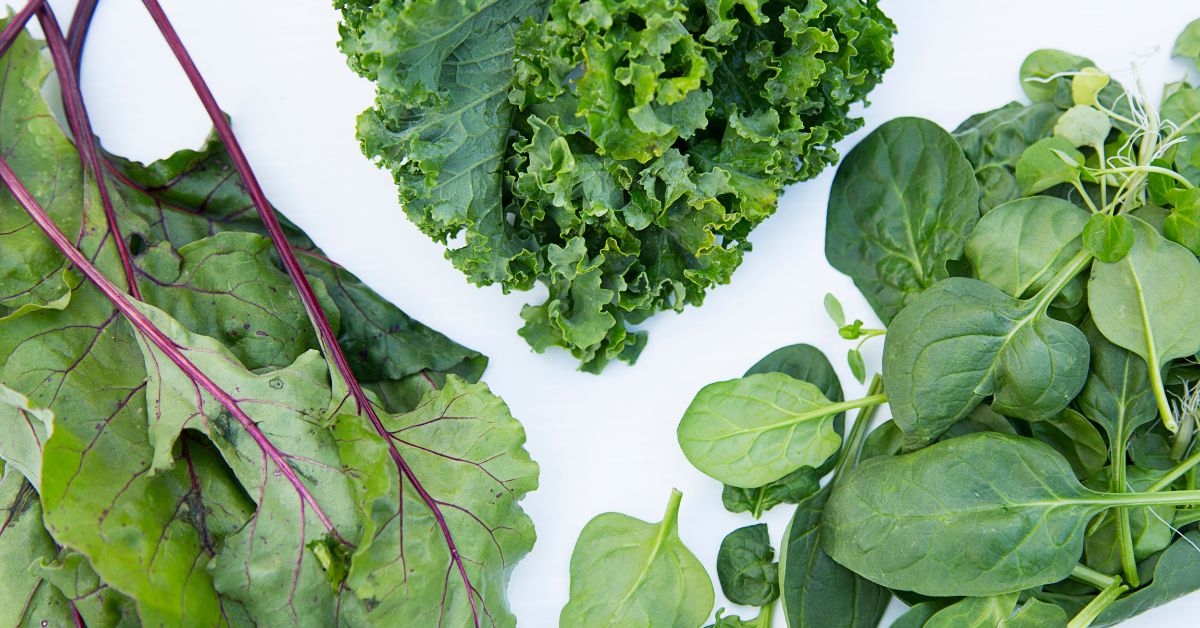Cognitive Reserve After 50: What It Is and How to Build It Naturally
Apr 22, 2025
Maintaining cognitive health becomes increasingly important as we age, especially for women over 50. By adopting specific lifestyle strategies, you can enhance your brain's resilience and function. This blog explores seven actionable tips to help you maintain and even boost your cognitive reserve.
Table of Contents
3. Engage in Regular Physical Activity
4. Prioritize Restorative Sleep
8. Challenge Your Brain Regularly
Introduction
As we navigate life beyond 50, maintaining mental sharpness becomes a priority. The concept of cognitive reserve refers to the brain's ability to improvise and find alternative ways of completing tasks, even as it undergoes age-related changes or faces potential damage. Think of it as a mental savings account, built up over time through education, curiosity, and engaging experiences. A robust cognitive reserve can help delay the onset of cognitive decline and support mental agility in later years. Harvard Health
Embrace a Plant-Rich Diet
Nutrition plays a pivotal role in brain health. A diet abundant in fruits, vegetables, whole grains, nuts, and legumes provides essential nutrients and antioxidants that combat oxidative stress and inflammation—both linked to cognitive decline. For instance, a whole-food plant predominant way of eating is rich in plant-based foods associated with a lower risk of cognitive impairment as well as chronic diseases.

Implementation Tip: Start by incorporating leafy greens like spinach and kale into your meals, snack on a handful of mixed nuts, and opt for whole grains such as quinoa or brown rice.
Engage in Regular Physical Activity
Physical exercise is not only beneficial for the body but also for the mind. Regular aerobic exercise, such as brisk walking, swimming, or cycling, has been shown to reduce the risk of cognitive decline. Exercise enhances blood flow to the brain, supports the growth of new neurons, and improves overall brain function.PMC

Implementation Tip: Aim for at least 150 minutes of moderate-intensity aerobic exercise per week. Activities like dancing, yoga, or even gardening can be enjoyable ways to stay active.
Prioritize Restorative Sleep
Quality sleep is essential for cognitive function. During sleep, the brain consolidates memories and clears out toxins that accumulate during the day. Chronic sleep deprivation can lead to issues with memory, concentration, and decision-making.

Implementation Tip: Establish a regular sleep schedule by going to bed and waking up at the same time each day. Create a restful environment by minimizing noise, light, and electronic distractions before bedtime.
Manage Stress Effectively
Chronic stress can have detrimental effects on the brain, including impairing memory and increasing the risk of cognitive decline. Managing stress is crucial for maintaining cognitive health.

Implementation Tip: Incorporate stress-reducing practices into your daily routine, such as mindfulness meditation, deep breathing exercises, or engaging in hobbies you enjoy.
Avoid Unhealthy Habits
Certain lifestyle choices can negatively impact cognitive health. Smoking, excessive alcohol consumption, and illicit drug use have all been linked to an increased risk of cognitive decline. For example, smoking reduces oxygen flow to the brain, while excessive alcohol intake can lead to memory impairments.

Implementation Tip: Seek support to quit smoking or reduce alcohol intake if necessary. Engage in healthier alternatives like drinking herbal teas or participating in recreational activities that don't involve these substances.
Nurture Social Connections
Maintaining strong social ties has been associated with a lower risk of cognitive decline. Engaging in meaningful conversations and activities with friends and family provides mental stimulation and emotional support.

Implementation Tip: Join clubs or groups that align with your interests, volunteer in your community, or schedule regular catch-ups with loved ones to foster social engagement.
Challenge Your Brain Regularly
Keeping your mind active is key to building and maintaining cognitive reserve. Engaging in activities that challenge your thinking can help strengthen neural connections and promote brain health.

Implementation Tip: Pursue new hobbies that require learning, such as playing a musical instrument, learning a new language, or engaging in strategy games like chess. These activities encourage mental flexibility and problem-solving skills.
Conclusion
Investing in your cognitive health is a lifelong journey that pays dividends as you age. By adopting these seven strategies, you can enhance your cognitive reserve and enjoy a vibrant, mentally agile life. Start by choosing one or two areas to focus on, then gradually incorporate more as you feel comfortable. Remember, it's never too late to make positive changes for your brain health.
Begin today by selecting one strategy from the list and setting a small, achievable goal. Share your experiences and progress with friends or in the comments below to inspire and support others on this journey toward cognitive vitality.
For more on cognitive reserve, check out this video.
Dr. Diane Thompson MD, is board-certified in Physical Medicine and Rehabilitation with a subspecialty in Brain Injury Medicine. She is also board-certified in Lifestyle Medicine and Age Management Medicine and a certified health coach who helps women over 50 use Lifestyle Medicine and longevity science to reverse and help control chronic diseases and age healthfully. She is the author of this Amazon bestseller.
Disclosure: The information presented is for educational purposes and is not meant for diagnosis or treatment. No physician-patient relationship is intended. Discuss with your physician prior to making any changes to your health. Some of the links in this blog may be affiliate links, which are of no additional cost to you and allow me to keep the content free. These are products I’ve personally used.
Subscribe to MoRadiance® Woman Newsletter, the #1 newsletter for women over 50 who are looking for the latest strategies to maintain health, wellness, radiance, and longevity as they age. Each month I will share the latest age-management and lifestyle medicine strategies in your inbox.
